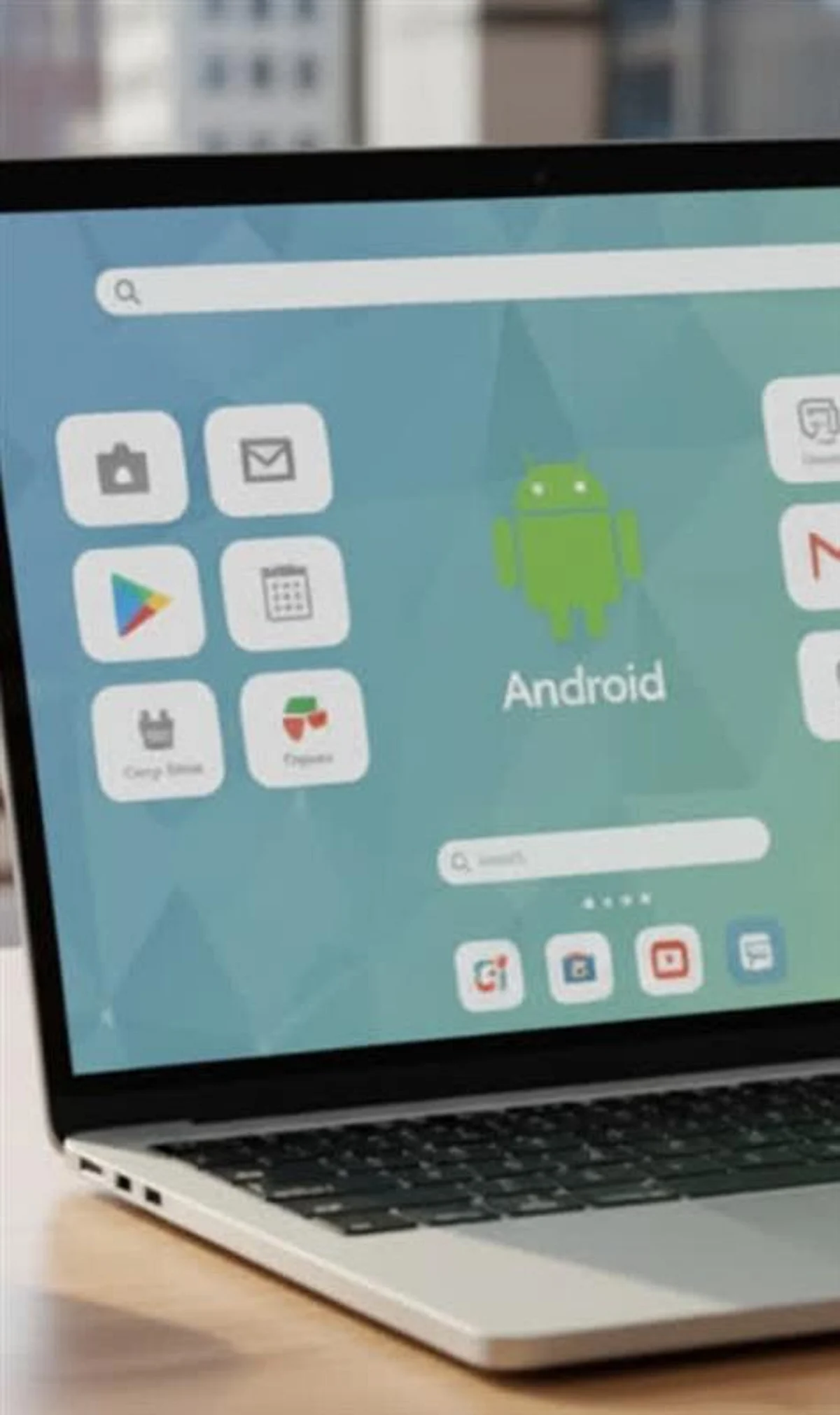Google has officially launched its Android OS for PCs, marking a significant move in the competitive landscape of operating systems. This release positions Android as a potential alternative to Microsoft‘s Windows, which has dominated the PC market for decades. With this new offering, Google aims to expand its influence beyond mobile devices and challenge the status quo in personal computing.
The introduction of Android for PCs is part of Google’s broader strategy to integrate its ecosystem across various platforms. By leveraging the familiarity of Android, Google hopes to attract both developers and users, encouraging the creation of applications that can run seamlessly on both mobile and desktop environments. This initiative could reshape how users interact with their devices, offering a unified experience across screens.
Market Implications and User Experience
The timing of this launch, occurring in October 2023, is crucial as it coincides with increased demand for versatile computing solutions. With more people working remotely and utilizing multiple devices, the need for an adaptable operating system is greater than ever. Android for PCs promises to deliver a user-friendly interface that many users are already accustomed to from their smartphones and tablets.
Consumer response has been notably positive, with early adopters praising the intuitive design and functionality of the operating system. Features such as easy file sharing between devices, a customizable home screen, and access to a wide array of applications are attracting attention. As Google emphasizes performance and ease of use, it seeks to position Android as not just an alternative, but a viable choice for everyday computing.
Competition with Microsoft and Future Outlook
The launch of Android for PCs signals a direct challenge to Microsoft, which has long held a dominant position in the PC sector. Despite Windows’ extensive user base and established ecosystem, Google’s entry introduces fresh competition that could spur innovation in both companies. Analysts are keenly observing how this rivalry will affect future developments and market shares in the tech industry.
In response to this challenge, Microsoft may need to enhance its offerings and address potential gaps in its services. Users could benefit from improved features and competitive pricing as both companies vie for market dominance. The landscape of PC operating systems is poised for transformation as Google and Microsoft navigate this emerging rivalry.
As the tech world watches closely, the success of Android for PCs will depend on user adoption and developer support. If Google can effectively capture the attention of both demographics, it may significantly impact the future of personal computing, leading to more diverse options for consumers worldwide.
In conclusion, Google’s launch of Android for PCs represents a pivotal moment in the ongoing evolution of computer operating systems. With its ambitious goals and competitive strategy, Google is signaling its intent to redefine the landscape, making the upcoming months critical in determining the future trajectory of both Android and Windows.
